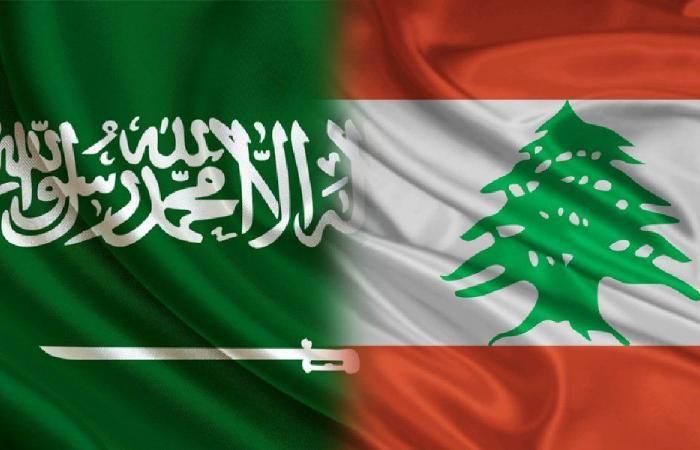Ya Libnan Editorial
The surprising Saudi ban on travel to Lebanon shocked the entire country . None of the top Lebanese officials , not even caretaker PM Najib Mikati, nor caretaker Foreign Minister Abdallah Bou Habib nor parliament Speaker Nabih Berri were warned about the move.
However it’s essential to consider that travel advisories and bans are typically imposed due to specific security concerns or geopolitical factors. The political landscape in the Middle East can be complex and dynamic, with various factors influencing travel restrictions.
In the past, Saudi Arabia has issued travel advisories or bans to Lebanon during periods of heightened tensions in the region or security threats, such as armed conflicts or political instability.
To understand the reasons behind the travel ban, it is crucial to refer to the latest news and official statements .
Israeli Foreign Minister Eli Cohen was quoted on July 31 as saying : ” Israel is closest we have ever been’ to peace deal with Saudi Arabia”.
And , in a rare interview with Arabic-language online newspaper Elaph on Saturday he said:
The “Palestinian issue” will “not be an obstacle” to peace between Israel and Saudi Arabia “
Cohen said that Saudi Arabia joining the expanding list of Arab and Muslim countries that have made peace with Israel would “make history.” The minister was referring to an imminent deal between the United States, Saudi Arabia and Israel that would see a normalization agreement between the Saudi Kingdom and Israel.
He added:
“A visit to Israel by a Saudi foreign minister would be a day of celebration,” he said, noting “the current Israeli government will take steps to improve the Palestinian economy.”
Hezbollah and Iran
Cohen went on to discuss the issues of Hezbollah and Iran’s hostility
“[Hassan] Nasrallah is weak, and the tent issue is his provocation,” he said of the Hezbollah leader. “Nasrallah is hiding in a bunker like a mouse. Israel can return Lebanon to the Stone Age.”
He added that “Hezbollah is Iran’s branch in Lebanon, and it has transformed it from a prosperous state into a destructive one, in all respects”.
When asked if Israeli response in case of war includes targeting Nasrallah personally or the leaders of Hezbollah, he replied: “We do not disclose the method by which we will act. However, I say clearly: The State of Israel can reach every person everywhere.”
“Iran is the main financier of terrorism in the region and in the world, it is like a cancer – it destroys every country it enters,” Cohen said.
In another development , two U.S. officials told Axios that “President Biden’s senior Middle East adviser, arrived in Saudi Arabia on June 17 for talks with Saudi officials that will focus on the administration’s efforts to reach a normalization agreement between Israel and the kingdom as well as other issues.
Since the signing of the Abraham Accords, Israel has focused its diplomatic efforts on pushing for normalizing relations with Saudi Arabia.
- In public, Saudi officials have made clear they won’t normalize relations with Israel without progress in the Israeli-Palestinian peace process.
- Still, there’s been progress, including a historic deal around two strategic Red Sea islands that officials saw as paving the way for Saudi Arabia to take steps toward normalization.
The question on everyone’s mind is why now ? : Is a pending Israeli-Saudi peace deal behind the travel ban to Lebanon?
Sami Haddad a Lebanese political analyst told Ya Libnan: “Naturally an Israeli-Saudi peace deal could lead to an escalation of tension in Lebanon , especially within the Palestinian refugee camps and by Hezbollah on the Lebanese borders with Israel and Saudi Arabia may be concerned about the safety of its citizens in Lebanon.


Leave a Reply
You must be logged in to post a comment.